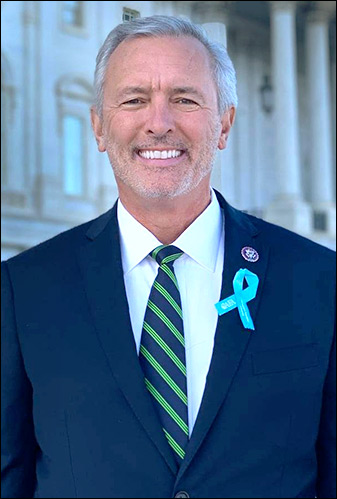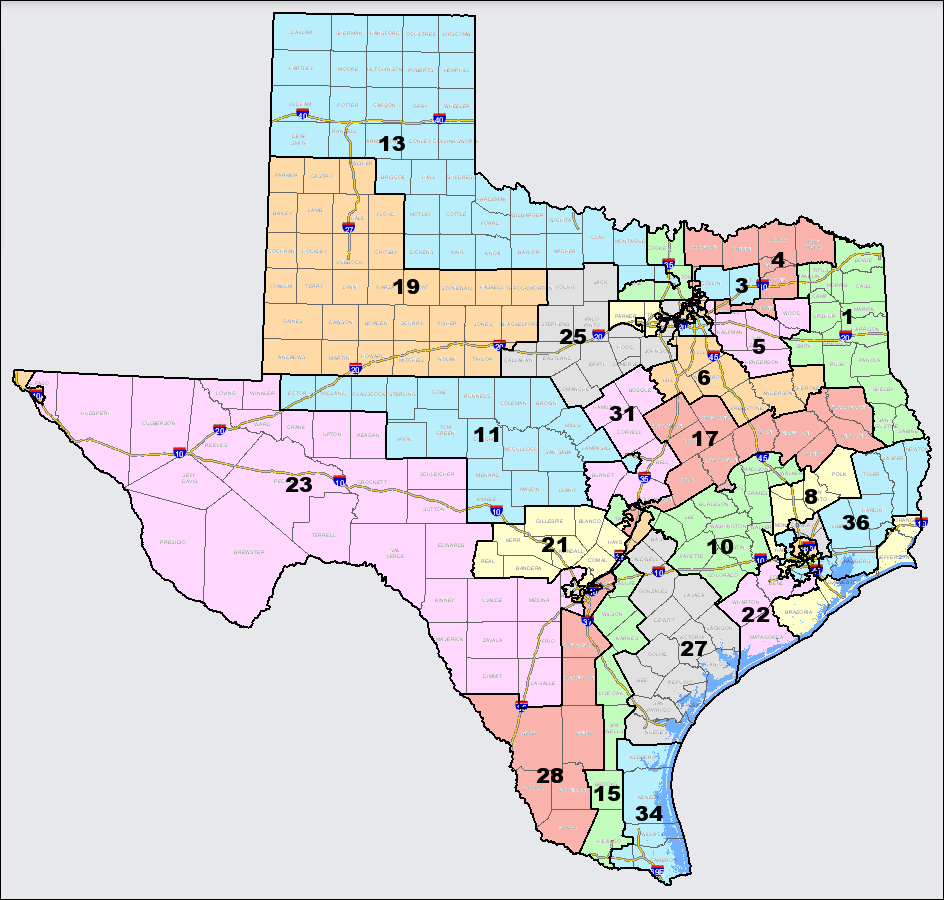By Jim Ellis
Jan. 20, 2022 — Setting off a game of political musical chairs, eight-term California Democrat US Rep. Jerry McNerney (D-Stockton) announced Tuesday that he will not seek a ninth term later this year. Rhode Island US Rep. Jim Langevin (D-Warwick) also announced that he will not seek re-election later this year.
CA-9; CA-13; current CA-22

Eight-term California Democrat US Rep. Jerry McNerney (D-Stockton) announced his retirement this week.
Immediately upon McNerney’s announcement, Rep. Josh Harder (D-Turlock), who had decided to seek re-election in the new 13th District after his current 10th District was divided into various parts under the new redistricting plan, declared that he will run to succeed the retiring congressman. The 9th CD is slightly more Democratic than the CA-13, but it is still cast as a relatively competitive general election seat.
With Rep. Harder abandoning his re-election plans in CA-13, state Assemblyman Adam Gray (D-Merced) quickly announced that he will run for Congress in the suddenly open district that stretches north to south from Modesto to Fresno through Merced and Madera Counties.
California’s Central Valley is in a state of political flux. With the special election for resigned Rep. Devin Nunes’ (R-Tulare) underway in the neighboring current 22nd District and the candidates having no place to run in the regular election, the 13th District could now become an attractive landing spot for one or more of the GOP special election contenders.
A Republican will be an underdog in the new 13th, but at least the candidate would have a fighting chance to win a full term and the opportunity of seeking re-election if successful.
Former Rep. Nunes’ CA-22, a Republican seat that occupies parts of Fresno and Tulare Counties, was torn to pieces as part of the California Citizens Redistricting Commission plan, as was Rep. Harder’s CD in the agricultural region’s northern section. As a result, a Republican district, numbered 5, was created northeast of Fresno to the outskirts of Sacramento that Rep. Tom McClintock (R-Elk Grove) will claim. This is where Rep. Nunes would have run for re-election had he stayed in Congress.
Two swing Democratic districts, the aforementioned 9th and 13th, and two stronger Democratic seats — the 21st that contains downtown Fresno where Rep. Jim Costa (D-Fresno) will seek re-election, and the new 22nd District to the west from where Republican Rep. David Valadao (R-Hanford) is endangered in the general election — were also created.






